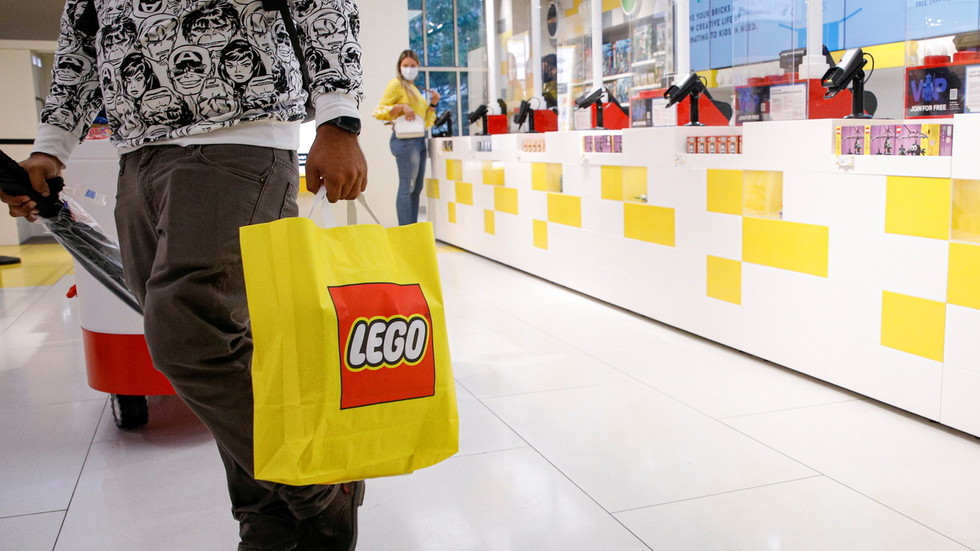RT
October 11, 2021
-RT
After a recent survey discovered that 71% of boys were worried about being mocked or bullied if they played with toys marketed towards girls, Lego’s chief product and marketing officer, Julia Goldin, told The Guardian that the toy company had been “working hard to make Lego more inclusive.”
Though acknowledging that Lego has traditionally been more popular with boys, Goldin said that the company no longer places labels on its products designating them by gender. Goldin also revealed that customers are now unable to search for products on the Lego site by girls or boys and instead are given the option to search based on “passion points,” which include animals, space, gaming, STEM, and other interests.
“We’re testing everything on boys and girls, and including more female role models,” Goldin declared, concluding that Lego’s current goal is “to encourage boys and girls who want to play with sets that may have traditionally been seen as ‘not for them’.”
The news was celebrated by academics in the UK, who called the change “a positive step” and “about time.”
Positive step from Lego. Would love to see other toy makers follow suit.https://t.co/aLqaGMBNg6
— Emma Howard (@howardemma) October 11, 2021
About time! https://t.co/FssuCvgWpA
— Athene Donald (@AtheneDonald) October 11, 2021
We welcome this positive news, but yes – the increased “pink/blue” divide in their toys post 1980s & the negative effects of gender stereotyping on children is something we’ve been raising with @LEGO_Group since our campaign started in 2012 #lettoysbetoys https://t.co/ToQCNGVTve pic.twitter.com/bhOOaXQYpu
— Let Toys Be Toys (@LetToysBeToys) October 11, 2021
“Great news but shocking that it is 2021 and companies are just waking up to the toxic impact of gendered socialisation,” reacted Social Inequities Professor Dr Pragya Agarwal, while journalist Tasmin Lockwood argued that it should be “compulsory” for every toy manufacturer to get rid of gender-specific items.
Others were less enthusiastic about Lego’s decision, calling it “ridiculous” and a “gender crusade.”
“If Lego really wants to be ‘inclusive,’ they should start with lowering their eye-watering prices so that more parents can actually afford it,” one person complained.




